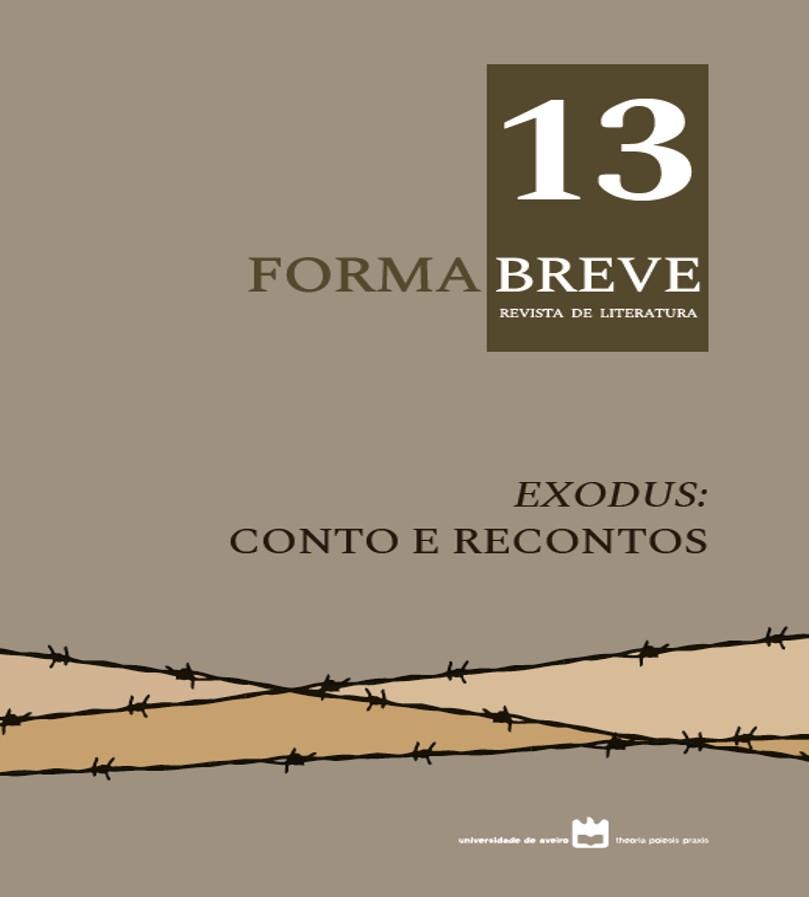O romance africano anglófono como literatura menor: da transliteração à apropriação na escrita nigeriana
Resumen
Desde su establecimiento, la literatura africana anglófona ha ofrecido una amplia variedad de ejemplos de lo que Deleuze y Guattari han definido como la “desterritorialización de la lengua” (1978/1975). En el contexto nigeriano, autores como Chinua Achebe comenzaron a escribir en un inglés desterritorializado con el objetivo de responder al poder colonial. En su primera novela, Things Fall Apart (1958), Achebe utiliza diferentes recursos estilísticos – entre ellos, la introducción
de elementos propios de la tradición oral como proverbios mitos o leyendas- para traducir la cultura igbo al inglés produciendo, como resultado, un claro ejemplo de literatura africana menor en lengua inglesa (Bandia 2006, 2008) y de lo que Irele denomina “intertextualidad euroafricana” (2001). En este sentido, tanto Achebe como otros miembros de lo que se ha denominado “la primera generación de escritores africanos” han ido sembrando el camino para que los autores de las nuevas generaciones, como, por ejemplo, los nigerianos Chimamanda Ngozi Adichie, Sefi Atta o Uzodinma Iweala, continúen (re)creando y transformando la lengua inglesa para retratar sus propias experiencias.


